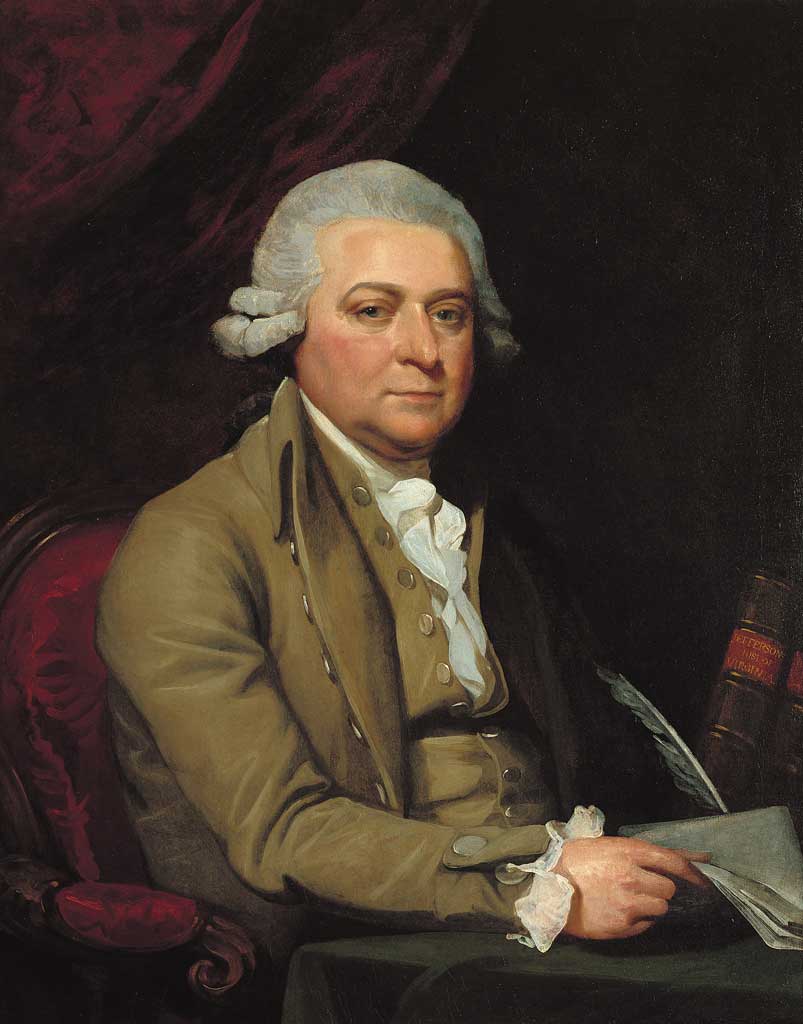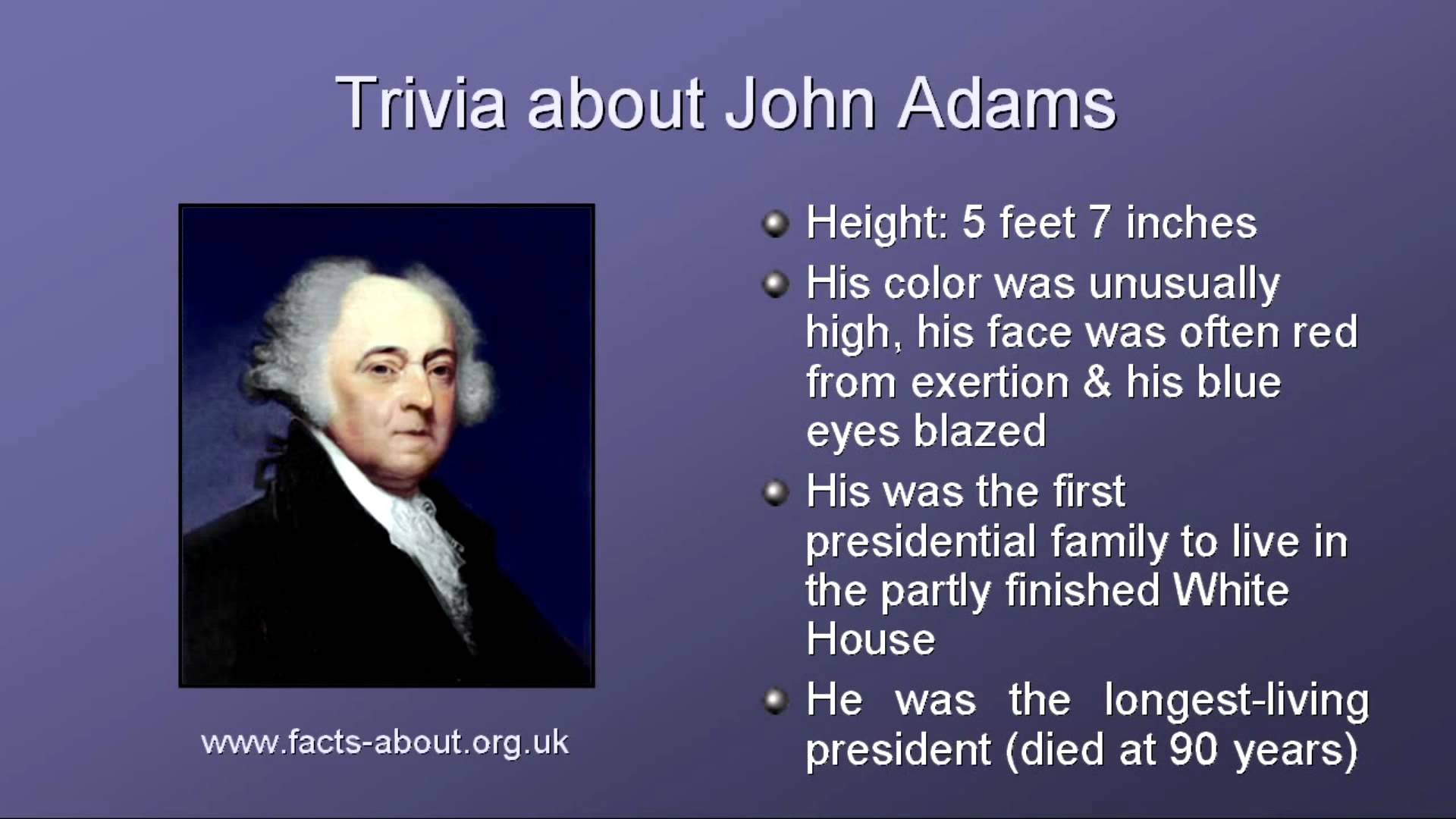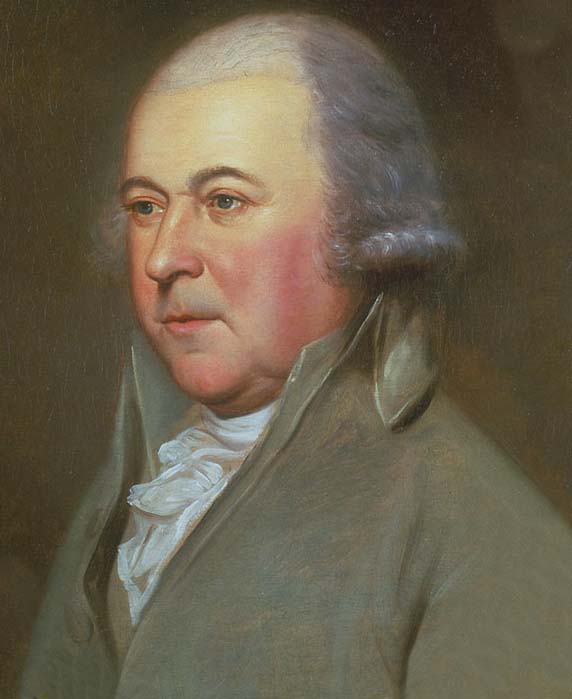John Adams: The Forgotten Founding Father Who Shaped A Nation
Let's talk about John Adams, the second President of the United States, a man who played a pivotal role in shaping the nation but often gets overshadowed by his more charismatic peers. Picture this—while George Washington was leading troops and Thomas Jefferson was crafting words, Adams was the guy grinding behind the scenes, doing the dirty work that built the foundation of American democracy. He was a lawyer, diplomat, and statesman who gave it his all for the cause of independence.
But why does John Adams matter today? Well, if you think about it, his legacy touches everything from how we govern ourselves to the way we approach foreign policy. Adams wasn’t just some guy who signed the Declaration of Independence; he was a thinker, a writer, and a fighter who believed in the idea of a government "of laws, not men." That’s a pretty big deal when you consider the chaos that could’ve unfolded without his steady hand.
Now, I’m not saying John Adams was perfect—he had his flaws, his quirks, and his moments of doubt—but the guy was relentless in his pursuit of justice and freedom. So, let’s dive into the life, times, and contributions of one of America’s most underrated Founding Fathers. Trust me, by the end of this, you’ll have a whole new appreciation for the guy who kept the ship steady when things got rocky.
Read also:Yvette Crichton The Rising Star Taking The World By Storm
Early Life and Education
Before he became a Founding Father, John Adams was just a kid from Braintree, Massachusetts. Born on October 30, 1735, he grew up in a humble farming family, but his dad had big dreams for him. See, Adams’ father wanted him to become a minister, but young Johnny had other plans. Instead of following the clergy path, he headed to Harvard, where he soaked up knowledge like a sponge. By the time he graduated, he was already thinking about law and how it could be used as a tool for justice.
Adams started practicing law in Boston, and it wasn’t long before he made a name for himself. He was known for his sharp mind and his ability to argue both sides of a case. But here’s the kicker—he wasn’t just about winning arguments; he believed in truth and fairness, even if it meant defending people who weren’t exactly popular. Case in point? He defended British soldiers after the Boston Massacre, and guess what? He won the case. Yeah, that takes guts.
Key Events in Early Life
Let’s break down some of the key moments that shaped young Adams:
- 1751: Starts attending Harvard, where he develops a love for philosophy and history.
- 1758: Begins practicing law in Boston, quickly gaining a reputation as a skilled advocate.
- 1764: Marries Abigail Smith, the woman who would become his rock and confidante throughout his career.
- 1770: Successfully defends British soldiers in the Boston Massacre trial, proving his commitment to justice over public opinion.
Biography of John Adams
Personal Data
Here’s a quick look at the man behind the legend:
| Full Name | John Adams |
|---|---|
| Date of Birth | October 30, 1735 |
| Place of Birth | Braintree, Massachusetts |
| Spouse | Abigail Smith Adams |
| Children | Abigail, John Quincy, Susanna, Charles, and Thomas Boylston |
| Profession | Lawyer, Diplomat, Statesman |
John Adams' Role in the American Revolution
Alright, let’s talk about the big one—the American Revolution. John Adams wasn’t just a spectator; he was a key player in the movement for independence. As a delegate to the Continental Congress, he was one of the first to push for separation from Britain. He argued passionately for independence and even helped draft the Declaration of Independence alongside Thomas Jefferson. Yeah, you read that right—Adams was right there in the thick of it, shaping the document that would change history forever.
But his role didn’t stop there. Adams was also a master diplomat, traveling to Europe to secure alliances and funding for the fledgling nation. He spent years away from home, negotiating treaties and building relationships that would prove crucial to America’s success. It wasn’t glamorous work, but it was absolutely vital.
Read also:Chris Sacca Net Worth The Untold Story Of A Tech Titan
Key Contributions to the Revolution
- 1776: Advocates for independence and helps draft the Declaration of Independence.
- 1778: Travels to France to negotiate an alliance with the French government.
- 1783: Helps negotiate the Treaty of Paris, officially ending the Revolutionary War.
Presidency: Leading a Divided Nation
So, John Adams becomes the second President of the United States in 1797, and let me tell you, it wasn’t exactly smooth sailing. The country was deeply divided, with political factions battling it out for control. Adams found himself caught in the middle, trying to keep things together while dealing with challenges both at home and abroad.
One of the biggest issues during his presidency was the Quasi-War with France. Yeah, you heard me—France. It was a tense period, and Adams had to navigate tricky diplomatic waters to avoid all-out war. He also faced criticism for signing the Alien and Sedition Acts, which many saw as an attack on civil liberties. But despite the controversies, Adams remained committed to the principles of democracy and the rule of law.
Challenges Faced During Presidency
- Quasi-War with France: Navigated tensions without declaring war.
- Alien and Sedition Acts: Controversial legislation that sparked debate over free speech.
- Political Divisions: Struggled to unite a fractured nation amidst growing party rivalries.
John Adams' Legacy
When you think about John Adams, it’s easy to focus on the challenges he faced or the controversies he encountered. But the truth is, his legacy is so much more than that. Adams was a man who believed deeply in the idea of a government that served the people, not the powerful. He was a champion of justice, a defender of freedom, and a builder of institutions that still stand today.
His influence can be seen in everything from the Constitution to the judicial system. He was a pioneer in the field of diplomacy, and his writings continue to inspire generations of leaders. And let’s not forget his relationship with Abigail Adams—she was more than just his wife; she was his partner, his advisor, and his biggest supporter. Together, they left an indelible mark on American history.
Key Contributions to Modern America
- Constitutional Framework: Advocated for a system of checks and balances.
- Foreign Policy: Laid the groundwork for America’s diplomatic relationships.
- Advocacy for Justice: Promoted the idea of a fair and impartial judiciary.
Lessons from John Adams
So, what can we learn from John Adams today? Well, for starters, he teaches us the importance of perseverance. This guy faced setbacks, criticism, and outright hostility, but he never gave up on his principles. He reminds us that leadership isn’t just about charisma or popularity—it’s about doing the right thing, even when it’s hard.
Adams also shows us the value of humility. He wasn’t afraid to admit when he was wrong, and he was always willing to learn from others. In a world where ego often gets in the way, Adams’ willingness to listen and adapt is a lesson we could all stand to learn.
Modern-Day Applications
- Leadership: Emphasizes the importance of integrity and accountability.
- Education: Encourages lifelong learning and critical thinking.
- Citizenship: Promotes active participation in democracy and civic engagement.
John Adams in Popular Culture
John Adams may not be as flashy as some of his contemporaries, but he’s had his share of screen time. From the award-winning HBO miniseries "John Adams" to various books and documentaries, his story continues to captivate audiences. These portrayals help bring his life and legacy to a wider audience, reminding us of the sacrifices and struggles that built our nation.
But here’s the thing—Adams wasn’t just a historical figure; he was a real person with real emotions and real flaws. The more we learn about him, the more relatable he becomes. And in a world where history often feels distant, that connection is more important than ever.
Conclusion
John Adams was more than just a Founding Father; he was a builder, a thinker, and a fighter who gave everything he had to create a better world. His contributions to American democracy are immeasurable, and his legacy continues to inspire us today. So, the next time you hear someone talking about the Founding Fathers, don’t forget to give John Adams his due. He might not have been the most glamorous guy, but he was one of the most important.
Now, I want you to do me a favor. Leave a comment below and let me know what you think about John Adams. Do you agree that he’s underrated? What’s your favorite part of his story? And if you enjoyed this article, don’t forget to share it with your friends. Let’s keep the conversation going and give this guy the recognition he deserves.
Table of Contents
- Early Life and Education
- Biography of John Adams
- John Adams' Role in the American Revolution
- Presidency: Leading a Divided Nation
- John Adams' Legacy
- Lessons from John Adams
- John Adams in Popular Culture
- Conclusion


